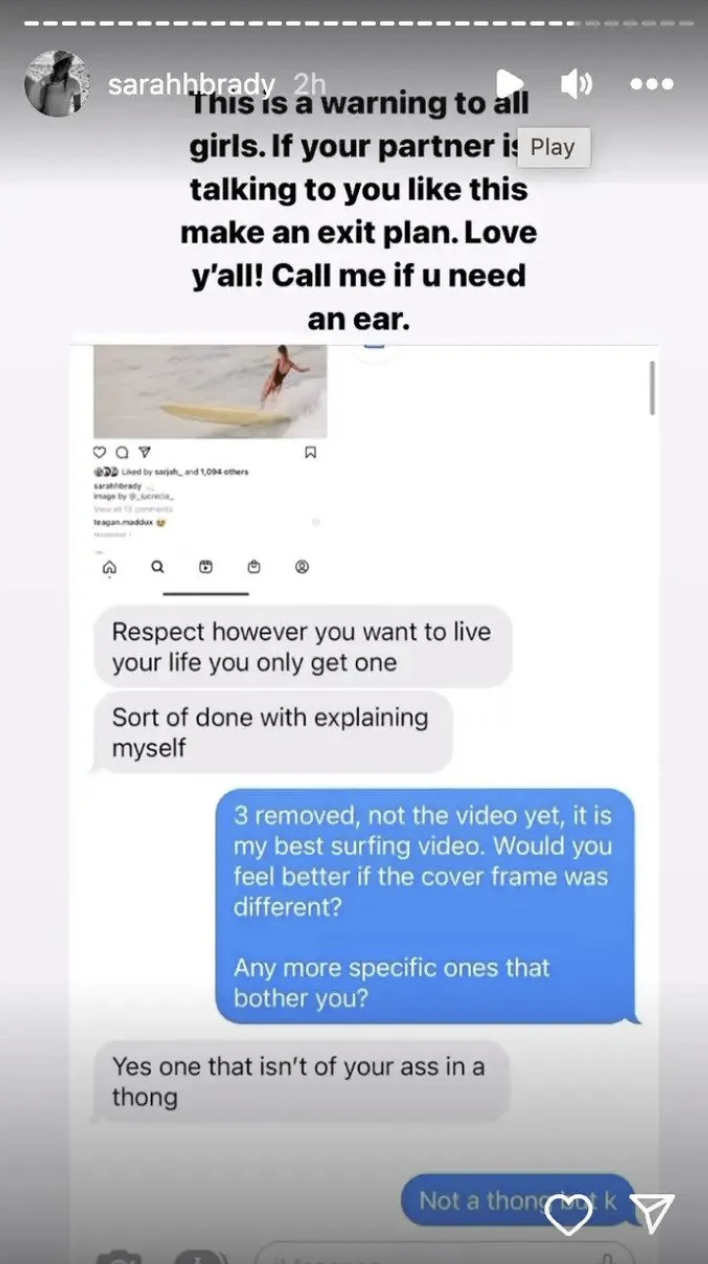How could a young life be lost to the harsh realities of bullying? Despite advancements in awareness and education, why does this tragedy continue to unfold in our communities? Aubreigh Wyatt's story is not just another statistic; it is a call to action for society to confront the devastating effects of bullying. Her tragic death has left an indelible mark on those who knew her and serves as a stark reminder of the urgent need for change.
Aubreigh Wyatt, a teenager from Iowa, took her own life after enduring relentless bullying. According to her mother, Heather, the emotional toll became unbearable for Aubreigh, leading her down a path no child should ever have to tread. In today’s world, where social media amplifies both positivity and negativity, the impact of cyberbullying can be especially damaging. For Aubreigh, the constant harassment she faced was compounded by digital platforms that allowed her tormentors to follow her even outside school walls. This pervasive form of bullying highlights the critical importance of addressing mental health issues early and fostering environments where children feel safe and supported.
| Bio Data & Personal Information | |
|---|---|
| Name: | Aubreigh Paige Wyatt |
| Date of Birth: | [Date] |
| Place of Residence: | Iowa |
| Education: | High School Student |
| Career & Professional Information | |
| Aspirations: | Pursuing interests in arts and literature |
| Involvement: | Active participant in local community events |
| Legacy: | Raised awareness about bullying and its consequences |
| Reference: | University of Iowa Department of Theatre Arts |
The University of Iowa, where Aubreigh had expressed interest in pursuing higher studies, paid tribute to her memory through their Department of Theatre Arts. Her passion for dramaturgy and textual analysis inspired many within the academic community. Specifically, her work on Richard II, under the guidance of dramaturg Aubrey Wilson (formerly Near), demonstrated her potential as a budding scholar. Though her journey was cut tragically short, her contributions to the field remain a testament to her intellect and creativity.
Meanwhile, back in her hometown, Aubreigh’s passing resonated deeply among local residents. At the Sixes Grange Market, vendors paused during the first weekend market of the 2025 season to honor her memory. While selling Christmas stockings and other seasonal items, they shared heartfelt condolences with patrons. One vendor mentioned knowing Aubrey Ramsey, whose passing on April 5th also left a void in the community. Such gestures underscore the interconnectedness of small-town life and the collective grief felt when such losses occur.
Social media played a dual role in Aubreigh’s story—both as a platform for spreading awareness and as the medium through which much of the bullying occurred. TikTok users have uploaded numerous videos detailing text messages exchanged between Aubreigh and her bullies. These exchanges reveal the depth of cruelty inflicted upon her and serve as evidence in ongoing efforts to hold perpetrators accountable. Among these interactions are conversations involving individuals like Austin Foreman and Molly Noblitt, whose roles in the situation continue to spark public debate. Questions linger regarding whether those involved still maintain friendships or if any measures have been taken to address their behavior.
Visual documentation further illustrates the emotional turmoil experienced by Aubreigh. Images captured on cell phones depict moments of distress, including one showing Aubreigh crying—a poignant reminder of the internal battles she fought alone. Such content serves not only as memorials but also as tools for advocacy. Pins created in her honor encourage followers to “like” or save them to spread awareness, ensuring her legacy endures beyond personal circles.
In theological discourse, parallels can be drawn between Aubreigh’s plight and broader societal challenges. Howard University’s exploration of “militant reconciling love” offers insights into how communities might respond to crises like hers. Texts authored by scholars such as Mordecai Wyatt Johnson emphasize the transformative power of compassion and justice. Applying these principles to contemporary contexts could foster safer spaces for youth navigating complex social landscapes.
Finally, tributes poured in from across the nation following Aubreigh’s obituary publication. Friends, family, and strangers alike sent flowers, attended memorial services, and signed virtual guestbooks to express solidarity. Directions to funeral venues were shared via text messages, enabling widespread participation despite geographic distances. As people came together to celebrate her life, they simultaneously vowed to prevent similar tragedies in the future.
While Aubreigh Wyatt’s story brings immense sorrow, it also ignites hope for meaningful reform. By examining her experiences and honoring her memory, we move closer to creating a world where every child feels valued and protected. The road ahead requires vigilance, empathy, and unwavering commitment—but it begins with acknowledging the profound impact each individual can make in combating bullying and promoting mental well-being.



